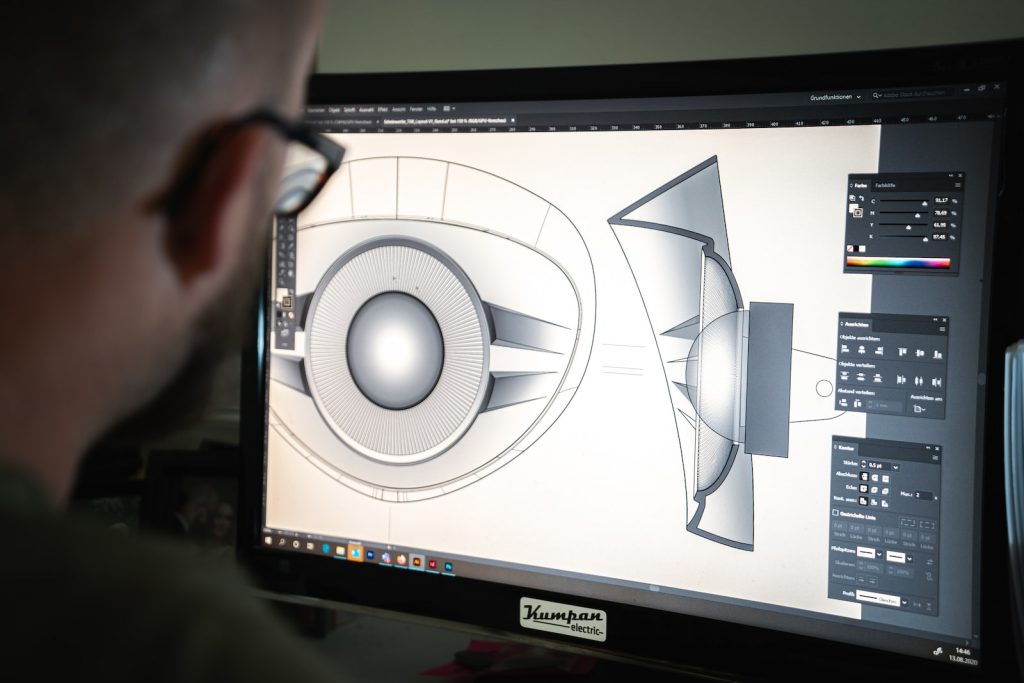What is Design Protection?
When a product is conceptualized, its design is an integral part of its uniqueness. If the design gets copied, the product will lose its credibility and its revenue, as well as the market goodwill and brand value. In the contemporary world, thanks to the internet and social media, any form of information, products, designs usage, etc can be easily accessed by anyone in the farthest and remotest of areas. Hence. it is possible that what is designed widely popular in the USA is being copied in Fiji and, is being sold by a different party, hurting the original brand’s or creator’s market. Therefore, it is essential to have design protection across nations.

What is the Hague System?
The Hague Agreement Concerning the International Registration of Industrial Designs (Hague Agreement) is a collection of international treaties between 75 contracting parties (covering 92 countries). This Agreement enables design owners to centrally file for design protection in multiple countries and intergovernmental organizations through a single application filed at the International Bureau of the World Intellectual Property Organization or WIPO. This way the owner does not need to separately file an application in each regional office. The process gets streamlined and only one application needs to be submitted in one currency.
Who Can File this Application?
The application is not open to everyone. The applicant must be a national of a contractual State, an individual domiciled in a contracting State, or persons with a genuine and effective industrial or commercial business in the territory of a contracting State or be a habitual resident of the such contracting state.
What is the Application Procedure?
A person may deposit designs with the International Bureau of WIPO. Such designs will then be referred to as worldwide designs. An international deposit under the Hague Agreement can be made directly at the International Bureau or through a contracting State’s national office if its national legislation allows it. International applications may include up to 100 designs, provided they all belong to the same class.
Publication of such a design can be deferred up to 30 months from the priority date. However some contracting parties have a shorter deferment period, and some do not allow deferment at all.
WIPO will check that the application complies with its formal requirements. Once the formal requirements have complied with WIPO shall publish the design in the International Designs Bulletin issued weekly online. Publication normally takes place six months after registration and a request for early publication can be made.
If such a contracting state cannot grant protection to an international design under domestic law, it notifies the International Bureau within six months of publication in the Bulletin. The designated office can also request that the period be extended from 6 months to 12 months.
If no refusal is notified by a given designated Contracting Party within the prescribed time limit (or if such refusal has subsequently been withdrawn), the international registration has effect as a grant of protection in that Contracting Party, under the law of that Contracting Party
The initial period of an International Registration is five years. However, the period will vary from each country’s designated office.
Conclusion
Like the Madrid System for Trademarks, the Hague System for Designs provides an easier option for parties to get protection in multiple countries. While objections may still have to be answered in the case of individual contracting nations, the applicant need not individualy find a representative in each country to do the filing. This is a massive advantage, particularly for multinational nations.
Author: Sejal Chaturvedi, Legal Intern at PA Legal.
In case of any queries, kindly contact us here.
Thank you for reading our blog! We’d love to hear from you! 🙂
- Are you Interested in IP facts?
- Would you like to know more about how IP affects everyday lives?
- Have any questions or topics you’d like us to cover?